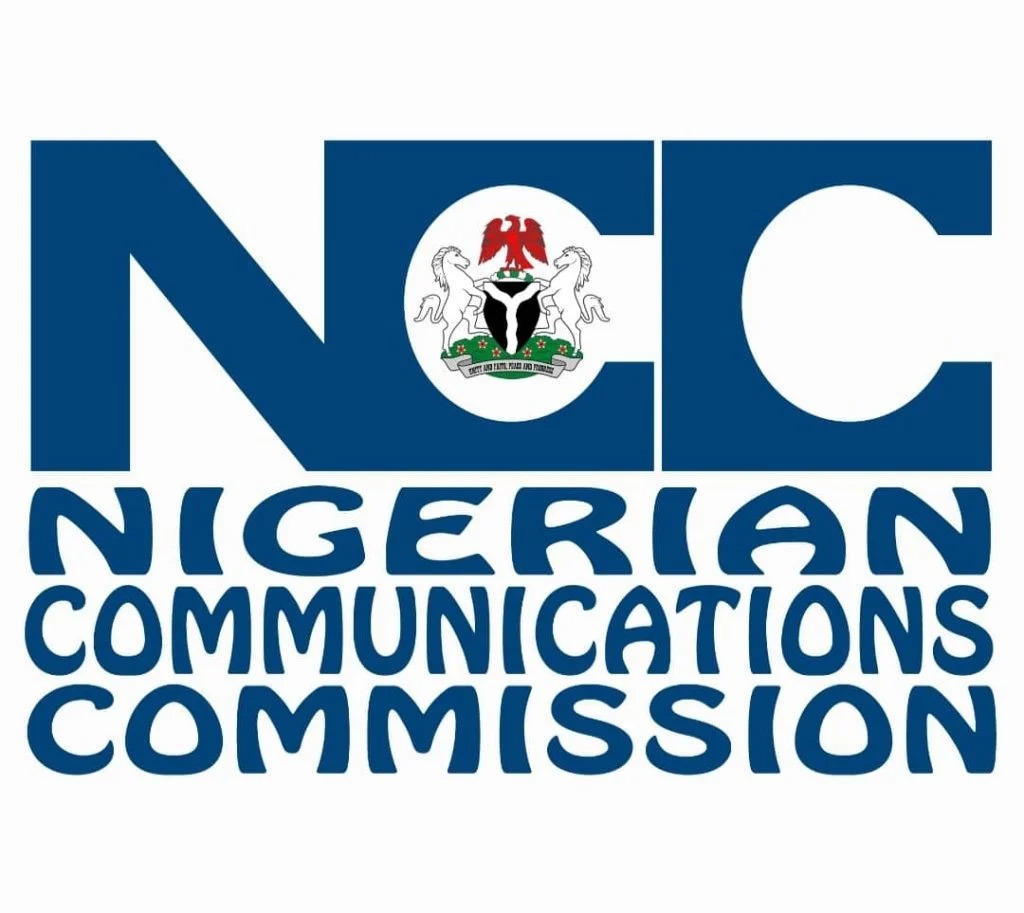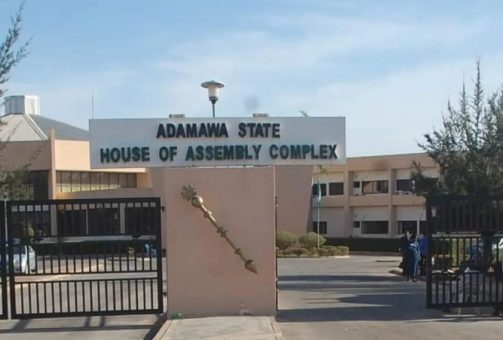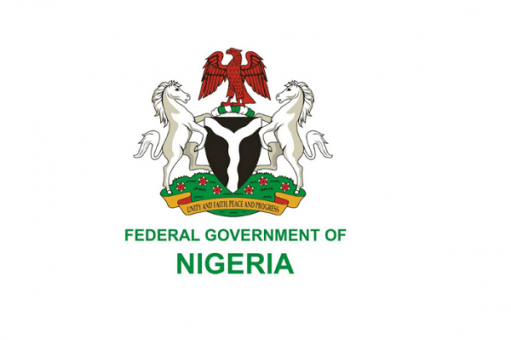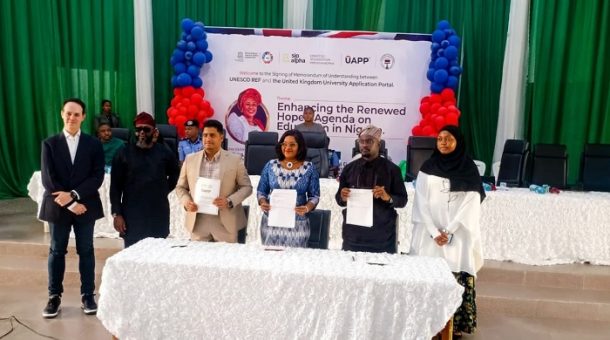
The Nigerian Communications Commission reported a historic high in data consumption, reaching 721,522 terabytes in a single month, surpassing the previous record of 713,200 terabytes in December 2023.
According to data from the regulator, active internet subscriptions reached 161,977,883, a significant increase from the 156,244,368 subscriptions recorded in January of the preceding year. These subscriptions include various service providers such as telcos (mobile), Internet Service Providers (ISPs), Voice over Internet Protocol (VoIP), and fixed connections.
Mobile subscriptions accounted for the majority at 161,504,390, followed by internet service providers with 213,876 subscriptions, fixed wire connections at 21,437, and Voice over Internet Protocol (VoIP) with 238,180 connections.
Despite a slight decline of 1.9 million internet users from December 2023 to January 2024, dropping from 163.8 million to 161.9 million, internet penetration remained strong at 42.53 percent, with broadband subscriptions totaling 92,195,937 million.
While 2G connections remain predominant, there has been a steady rise in the proportion of 4G subscriptions. In January 2024, 2G accounted for 57.78 percent, while 4G subscriptions increased from 31.33 percent in December 2023 to 31.75 percent. Additionally, 5G subscriptions saw a slight increase from 1.04 percent in December 2023 to 1.11 percent in January 2024.
However, Africa, including Nigeria, maintains the lowest 5G coverage globally, standing at only 6 percent as of December 2023, according to the International Telecommunications Union (ITU). This is attributed in part to the continued significance of older mobile technologies like 2G and 3G networks across the continent, which remain integral due to their cost-effectiveness, particularly in regions with limited access to 4G and 5G networks.







